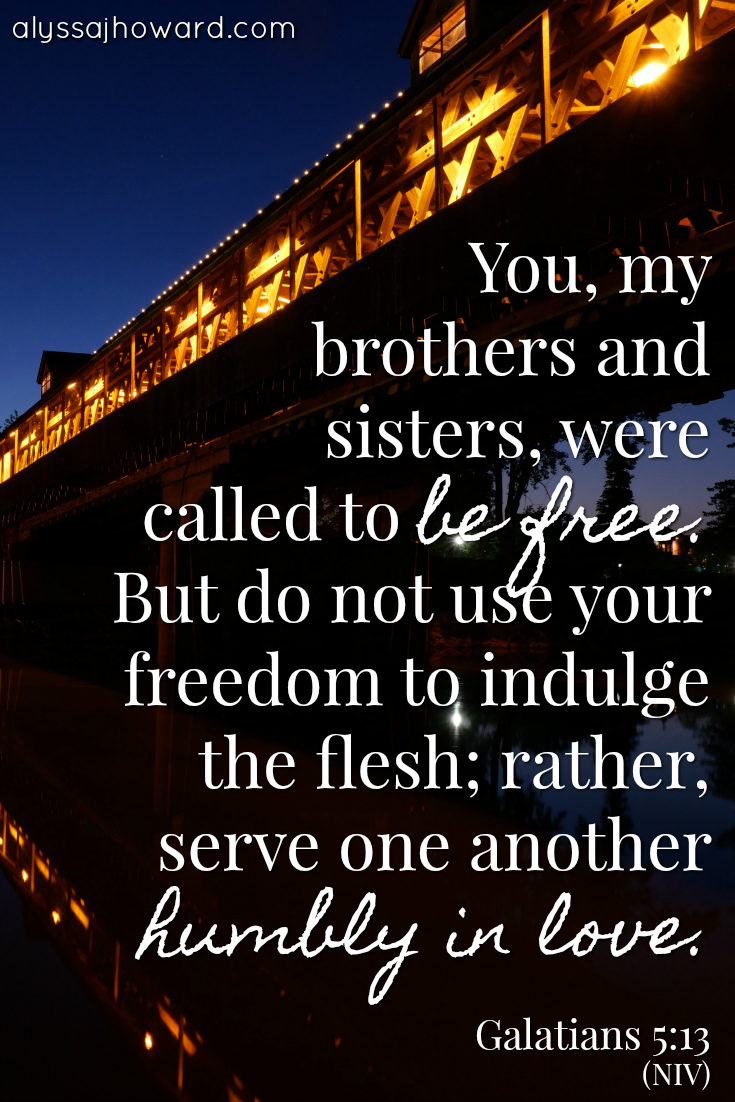
One of the readings set down for this week focuses our attention on freedom. The apostle Paul writes that we have been set free from a yoke of slavery imposed by the Jewish Law that stipulated tight regulations on many aspects of life. But being set free from these restrictions is not a sign to indulge ourselves. Paradoxically, although the gospel sets us free, we are to live as though we are slaves to other believers, loving them as much as we love ourselves. Similarly in the reading from Luke’s Gospel, our freedom is to follow where Jesus leads us, without making excuses that we have other things that take higher priority.
This freedom to choose how we will spend the hours in our day and how we will interact with others is a blessing that we can easily take for granted. Talking to asylum seekers who are denied this freedom – often for years – makes me much more aware that it is a basic human right that needs to be treasured. Since we enjoy this sort of freedom, the question is how are we using it … to grow God’s kingdom in our midst or to indulge our own desires?



